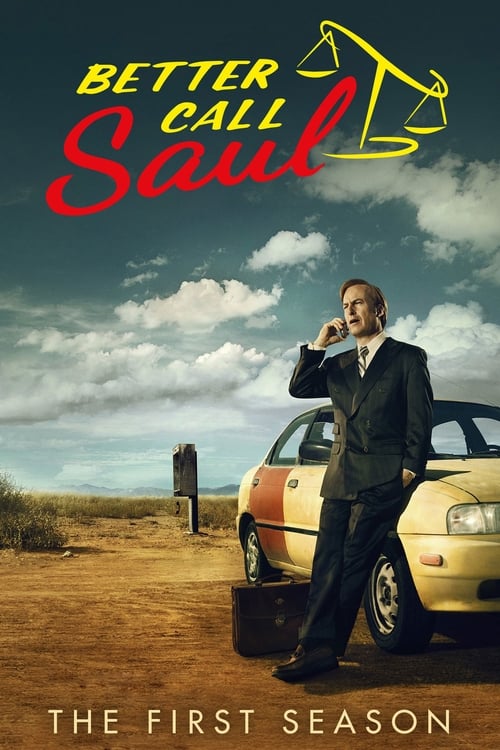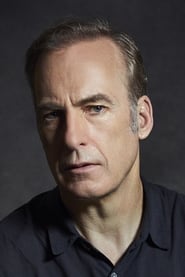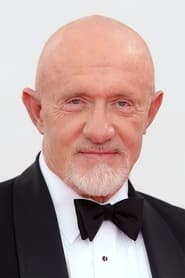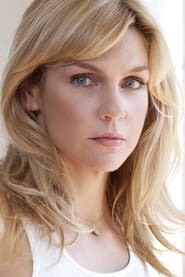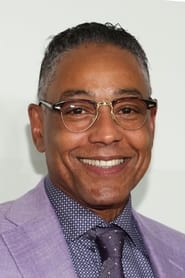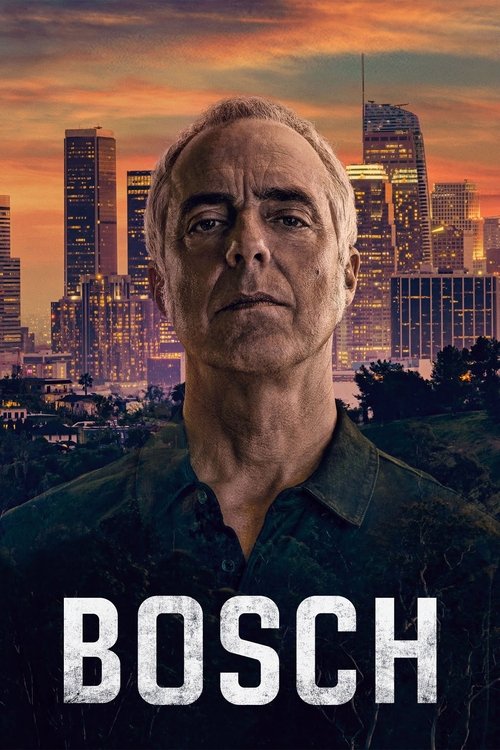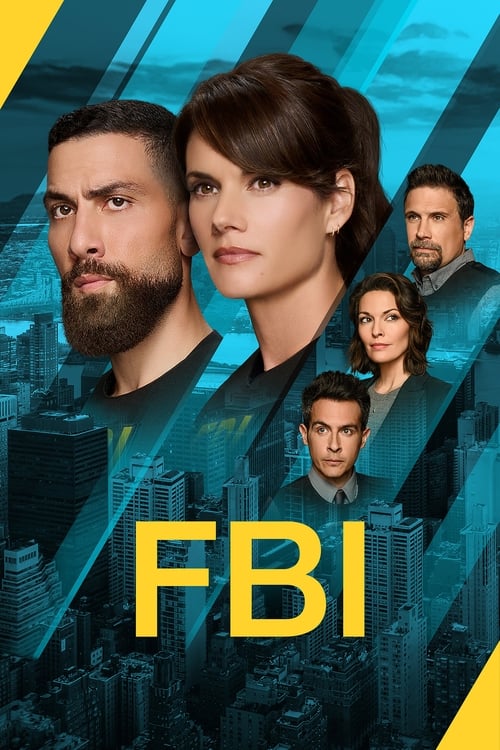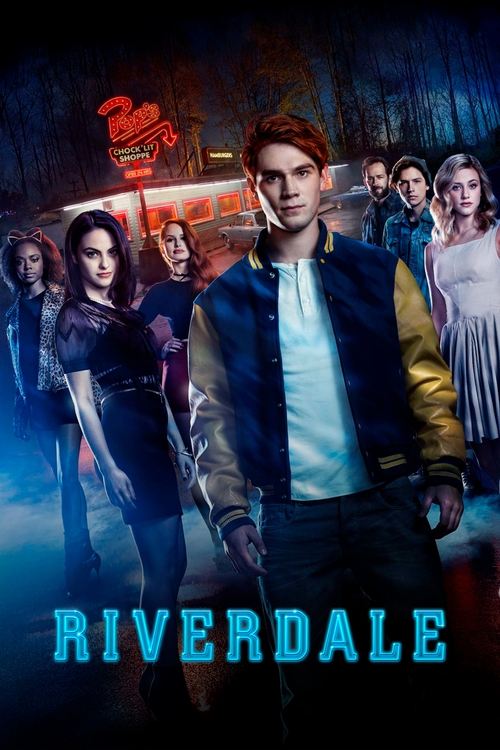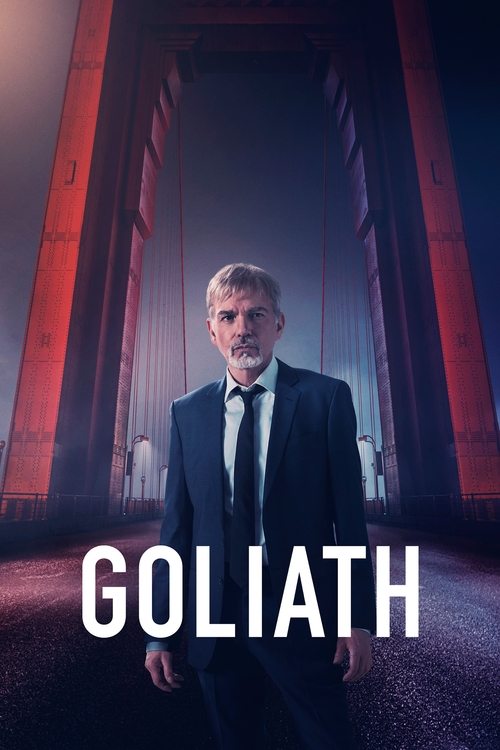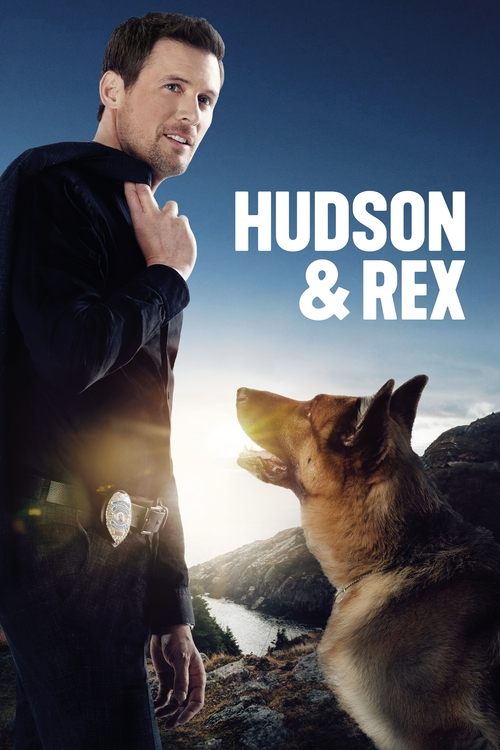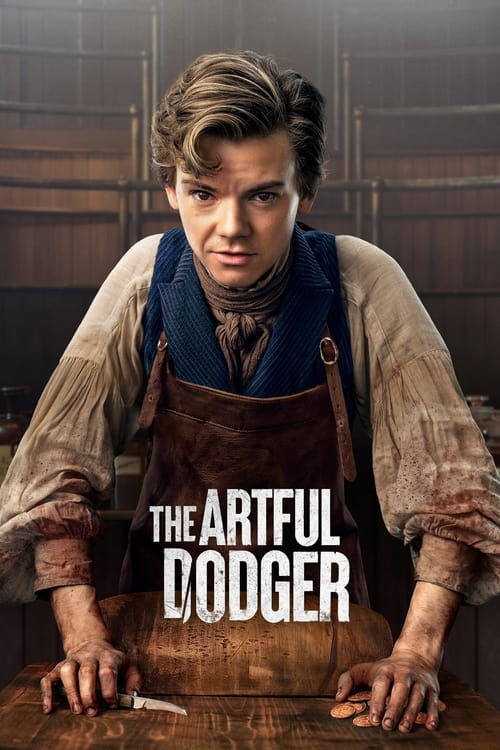
Ask Your Own Question
What is the plot?
The series opens with a black-and-white scene set in a Cinnabon store in Omaha, Nebraska. Jimmy McGill, now living under the alias "Gene," is seen working as a manager. He appears anxious and paranoid, frequently looking over his shoulder, suggesting he is living in fear of being discovered. The scene establishes a sense of dread and isolation in his life.
The narrative then shifts to Albuquerque, New Mexico, where we see Jimmy McGill, a struggling public defender, trying to make a name for himself. He is depicted as a hustler, using unconventional methods to attract clients. He is shown in a courtroom, where he is defending a client, but his lack of seriousness and professionalism is evident. After the case, he is frustrated by the low pay and the lack of respect he receives.
Jimmy's brother, Chuck McGill, is introduced next. Chuck is a brilliant lawyer who has become agoraphobic, refusing to leave his home due to a severe sensitivity to electromagnetic fields. He is bedridden and relies on Jimmy for support. Their relationship is complex; Jimmy cares for Chuck but also feels burdened by his brother's condition. Chuck's disdain for Jimmy's methods and his desire for him to be a legitimate lawyer creates tension between them.
In a pivotal moment, Jimmy discovers that Chuck has been secretly working on a case involving a large corporation, Mesa Verde. Chuck's former law firm, Hamlin, Hamlin & McGill (HHM), is representing the corporation, and Jimmy sees an opportunity to prove himself. He decides to take matters into his own hands and attempts to secure a meeting with the Mesa Verde executives.
Jimmy's attempts to gain clients lead him to a group of elderly clients who are being scammed by a fraudulent company. He devises a plan to help them, but his methods are questionable. He uses a fake identity to gain their trust and ultimately helps them file a lawsuit against the scam company. This showcases his resourcefulness but also his willingness to bend the rules.
As Jimmy's reputation begins to grow, he encounters Kim Wexler, a fellow lawyer and Chuck's protégé. Kim is ambitious and driven, and she becomes a key figure in Jimmy's life. Their relationship develops as they work together on various cases, and there is a palpable chemistry between them. However, Kim is also wary of Jimmy's unorthodox methods.
In a significant turn of events, Jimmy learns that Chuck is planning to take legal action against him for unauthorized use of HHM's resources. This revelation causes a rift between the brothers, and Jimmy feels betrayed. He confronts Chuck, leading to a heated argument that reveals their deep-seated issues and the complexities of their relationship.
Jimmy's desperation to succeed leads him to create a flashy advertisement for his law practice, which is a stark contrast to Chuck's traditional approach. The ad is over-the-top and reflects Jimmy's personality, but it also highlights the divide between him and Chuck. The ad becomes a point of contention, and Chuck's disapproval only fuels Jimmy's determination to prove himself.
As the season progresses, Jimmy's moral compass is tested. He is faced with choices that challenge his integrity, and he often chooses the path that benefits him the most, even if it means compromising his values. This internal struggle is a recurring theme throughout the season.
The season culminates in a dramatic confrontation between Jimmy and Chuck. After a series of events that lead to a significant legal case involving Mesa Verde, Chuck's actions against Jimmy come to a head. In a tense moment, Chuck reveals that he has been secretly recording Jimmy's conversations, intending to use the recordings against him in court. This betrayal devastates Jimmy, and the season ends with him grappling with the fallout of his brother's actions and the choices he has made.
What is the ending?
At the end of Season 1 of Better Call Saul, Jimmy McGill, struggling to find his place in the legal world, faces a moral dilemma as he grapples with his past and his ambitions. He ultimately decides to embrace his alter ego, Saul Goodman, as he takes a step toward a more unscrupulous path in his career. The season concludes with a pivotal moment that sets the stage for his transformation.
As the season draws to a close, we find Jimmy McGill in a state of turmoil, wrestling with his identity and the choices he has made. The final episode, titled "Marco," opens with a flashback to a vibrant, bustling street in Chicago, where a younger Jimmy is seen working as a con artist alongside his friend Marco. The two engage in a series of clever scams, showcasing Jimmy's natural talent for persuasion and manipulation. This nostalgic glimpse into his past highlights the carefree, albeit morally ambiguous, life he once led.
Transitioning back to the present, Jimmy is in Albuquerque, feeling the weight of his recent failures. He has just lost a significant case, and the disappointment is palpable. He reflects on his life choices, particularly his struggle to be a legitimate lawyer while battling the shadow of his past. The emotional conflict is evident as he grapples with the expectations of his brother Chuck, who is a successful attorney but has a complicated relationship with Jimmy.
In a moment of desperation, Jimmy receives a call from Marco, who invites him to Chicago for a weekend of old-fashioned conning. This invitation serves as a catalyst for Jimmy's internal struggle. He decides to go, and upon arriving, he is immediately swept back into the thrill of their old scams. The two friends engage in a series of clever cons, and Jimmy's excitement is palpable as he relishes the adrenaline rush and the camaraderie with Marco.
As the weekend progresses, the bond between Jimmy and Marco deepens, and they share heartfelt conversations about their lives and choices. Marco encourages Jimmy to embrace who he truly is, suggesting that he should not shy away from his talents in manipulation and persuasion. This moment of camaraderie is bittersweet, as it foreshadows the impending tragedy.
In a poignant scene, Marco collapses from a heart attack while they are out celebrating their successful con. Jimmy is devastated, and the loss of his friend forces him to confront the reality of his life choices. He is left alone, grappling with the weight of his past and the future he desires.
Returning to Albuquerque, Jimmy is transformed. The experience with Marco reignites a spark within him, and he begins to embrace his identity as a con artist. In the final moments of the season, he sits in his office, surrounded by the remnants of his failed attempts at a legitimate law practice. He looks at a sign that reads "Saul Goodman," and with a determined expression, he decides to fully adopt this persona. The season ends with him confidently declaring, "I'm going to be a criminal lawyer," signaling his acceptance of a path that is both familiar and fraught with moral ambiguity.
By the end of Season 1, Jimmy McGill is on the precipice of becoming Saul Goodman, a character who will navigate the murky waters of legality and ethics. His brother Chuck remains unaware of the full extent of Jimmy's transformation, and the tension between them is set to escalate in future episodes. The season concludes with a sense of inevitability, as Jimmy embraces a future that is both thrilling and dangerous, leaving viewers eager to see how his journey will unfold.
Is there a post-credit scene?
In "Better Call Saul" Season 1, there is no post-credit scene. The season concludes with the final episode, "Marco," which wraps up the story arcs introduced throughout the season without any additional scenes after the credits. The focus remains on Jimmy McGill's transformation and his emotional journey, particularly as he reflects on his past and the choices he has made. The absence of a post-credit scene emphasizes the closure of this chapter in Jimmy's life, setting the stage for his future developments in subsequent seasons.
What is the significance of the 'Slippin' Jimmy' persona?
The 'Slippin' Jimmy' persona represents Jimmy's past as a con artist and his struggle with his identity. Throughout Season 1, he grapples with the temptation to revert to his old ways, especially when faced with challenges in his legal career. This persona serves as a reminder of his cunning and resourcefulness, but also highlights his internal conflict between wanting to be a legitimate lawyer and the allure of his past.
What motivates Jimmy McGill to become a lawyer despite his past?
Jimmy McGill, played by Bob Odenkirk, is driven by a desire to prove himself and escape the shadow of his older brother Chuck, a successful lawyer. His past as a con artist weighs heavily on him, and he seeks redemption through legitimate work. However, his struggle with his identity and the temptation to revert to his old ways creates a constant internal conflict.
How does Chuck's condition affect his relationship with Jimmy?
Chuck McGill, portrayed by Michael McKean, suffers from a psychosomatic condition that makes him believe he is allergic to electricity. This condition isolates him and creates a rift between him and Jimmy. Chuck's disdain for Jimmy's unconventional methods and his protective nature over the law firm they both have ties to lead to tension and resentment, complicating their brotherly bond.
What role does Kim Wexler play in Jimmy's life during Season 1?
Kim Wexler, played by Rhea Seehorn, is a fellow lawyer and Jimmy's love interest. She serves as both a professional ally and a moral compass for Jimmy. Her ambition and dedication to her work contrast with Jimmy's more flexible ethics, creating a dynamic where she often tries to steer him towards a more legitimate path, even as she is drawn to his charm and charisma.
How does the introduction of Mike Ehrmantraut impact the story?
Mike Ehrmantraut, played by Jonathan Banks, is introduced as a parking lot attendant and former police officer who becomes a key figure in the criminal underworld. His interactions with Jimmy provide a glimpse into the darker side of Albuquerque's legal landscape. Mike's pragmatic approach to problem-solving and his connections to the criminal element create a bridge between Jimmy's legal aspirations and the morally ambiguous world he is drawn into.
Is this family friendly?
"Better Call Saul" Season 1 is not considered family-friendly and contains several elements that may be objectionable or upsetting for children or sensitive viewers. Here are some aspects to be aware of:
-
Language: The show features frequent strong language, including profanity, which may not be suitable for younger audiences.
-
Violence: There are scenes depicting violence, including physical confrontations and threats, which can be intense and unsettling.
-
Moral Ambiguity: The main character, Jimmy McGill, engages in morally questionable behavior, including manipulation and deceit, which may be confusing or troubling for younger viewers.
-
Substance Use: There are instances of drug use and references to addiction, which may be inappropriate for children.
-
Emotional Struggles: Characters experience significant emotional turmoil, including feelings of failure, loneliness, and desperation, which could be distressing for sensitive viewers.
-
Themes of Crime: The overarching narrative involves criminal activities and legal corruption, which may not be suitable for a younger audience.
These elements contribute to a mature tone throughout the series, making it more appropriate for adult viewers.

